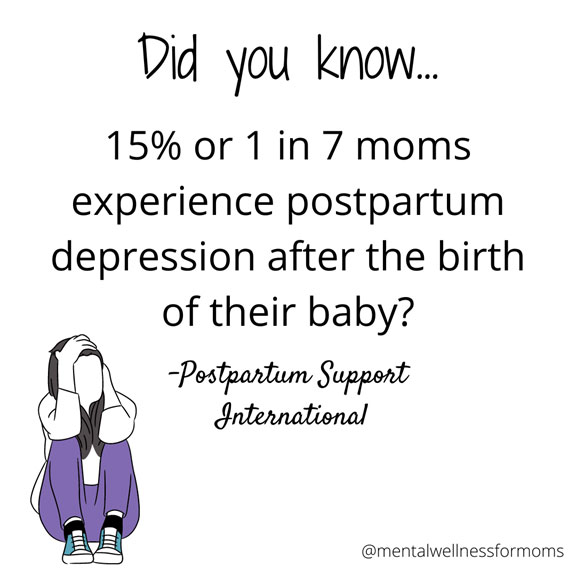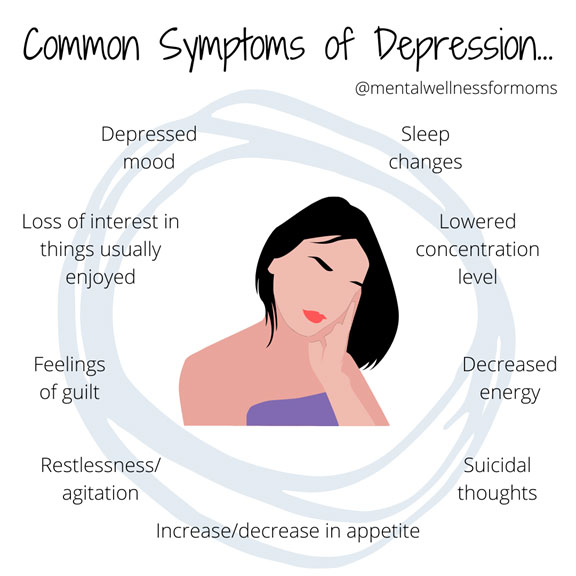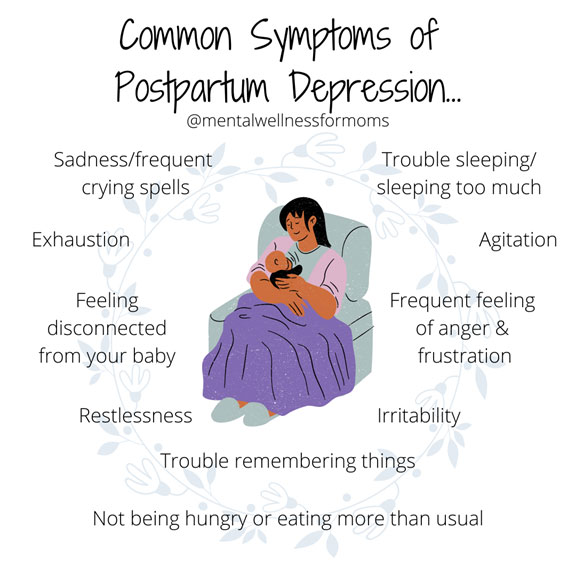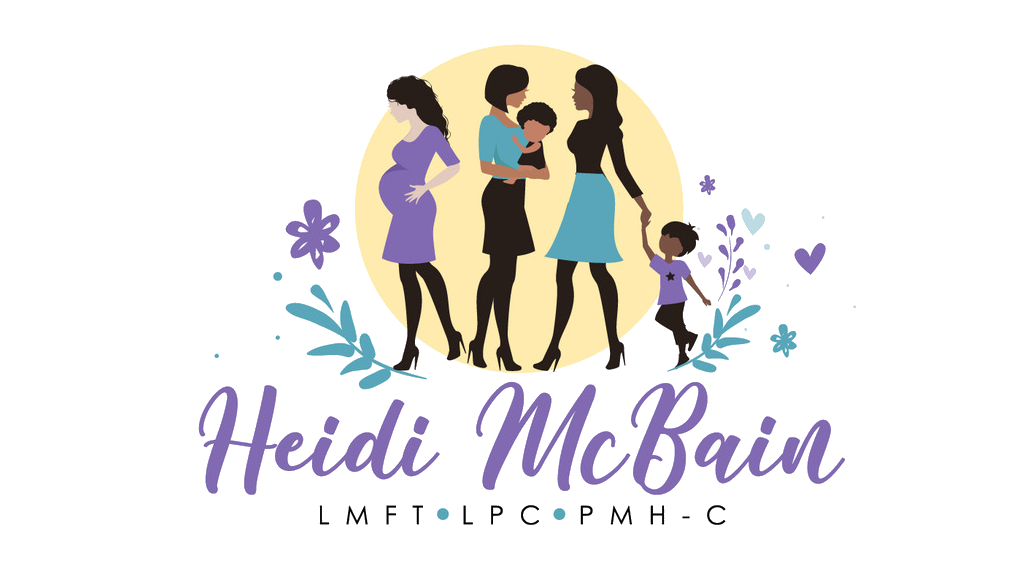
 Anyone can show up when you’re happy. But the ones who stay by your side when your heart falls apart, they are your true friends.
Anyone can show up when you’re happy. But the ones who stay by your side when your heart falls apart, they are your true friends.
-Brigitte Nichole
Did you know that approximately 15% or 1 in 7 moms experience postpartum depression after the birth of their baby? Depression is also the most common complication of childbirth. These statistics are from PSI (Postpartum Support International).
Let’s start with the common symptoms of depression outside of the perinatal period (and then we’ll talk about how postpartum depression symptoms tend to show up and often look very different). Common depression symptoms:
- Depressed mood
- Sleeping changes (sleeping more or less than usual)
- Loss of interest in things you usually enjoy
- Feelings of guilt
- Decreased energy
- Lowered concentration levels
- Increase/decrease of appetite
- Restlessness/agitation
- Suicidal thoughts
Common symptoms of postpartum depression:
- Sadness and frequent crying spells
- Trouble sleeping or sleeping too much
- Feeling disconnected from your baby
- Frequent feelings of anger and frustration
- Exhaustion
- Trouble remembering things
- Not being hungry or eating more than usual
- Agitation
- Irritability
- Restlessness
- Hopelessness
A lot of the typical screening symptoms for depression are not within your norm or at your typical baseline during the postpartum period such as sleep, appetite, concentration, and energy levels. So, the symptoms that are often more important to postpartum depression include anger, agitation, frustration, irritability and restlessness. Often moms experiencing postpartum depression will state that they just don’t feel like themselves, and that they become very upset about things that wouldn’t normally bother them.
Also keep in mind that postpartum anxiety and depression may show up together for some new moms.
If you’re concerned about some of your postpartum symptoms, please reach out to your doctor/midwife for a perinatal mental health therapist in your state (look for the PMH-C credential).



